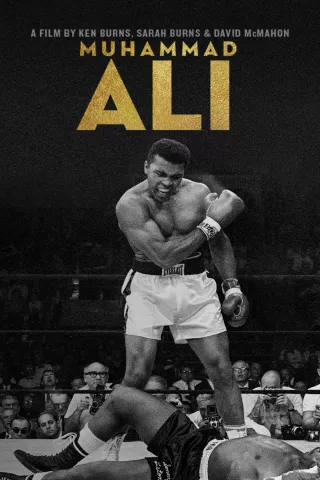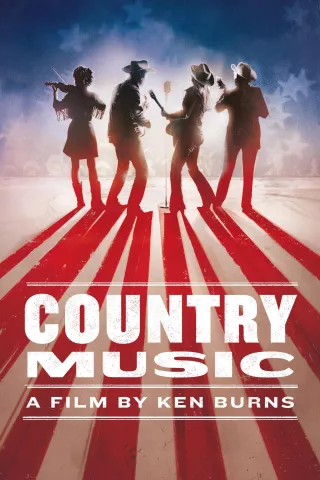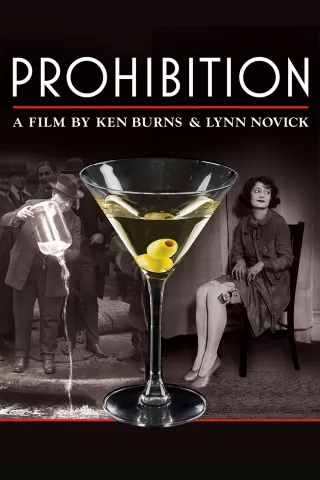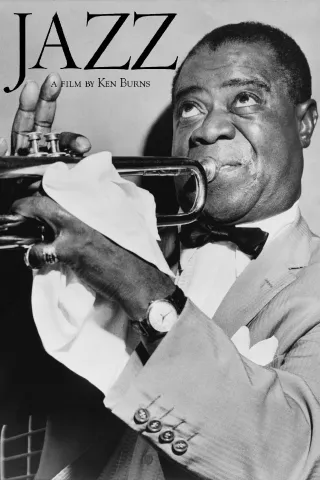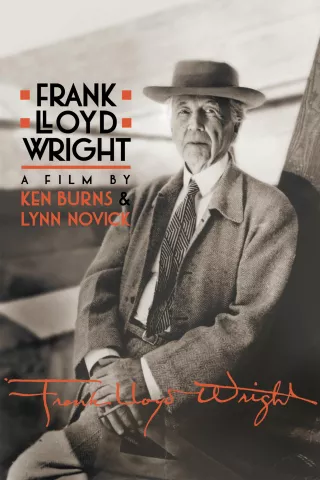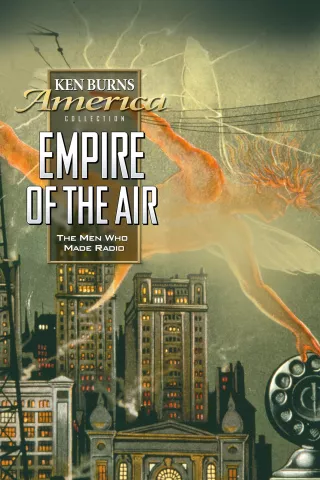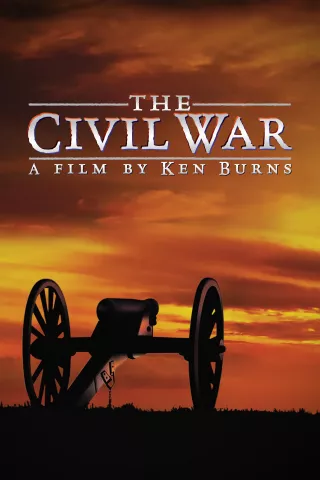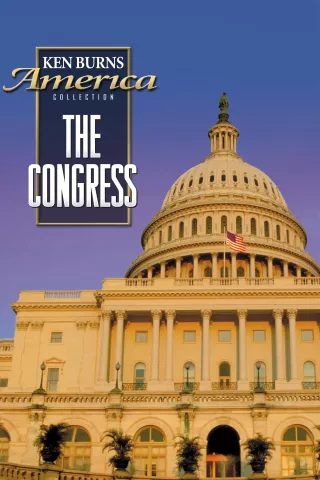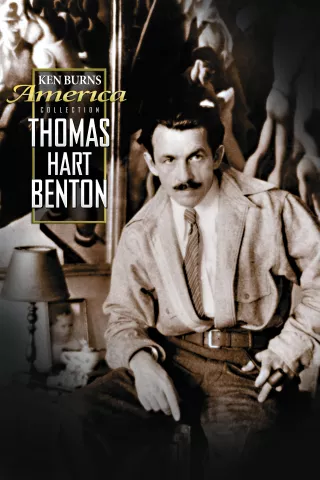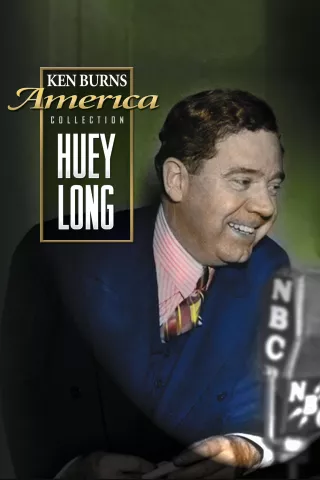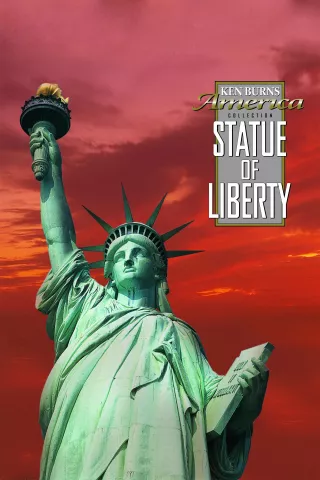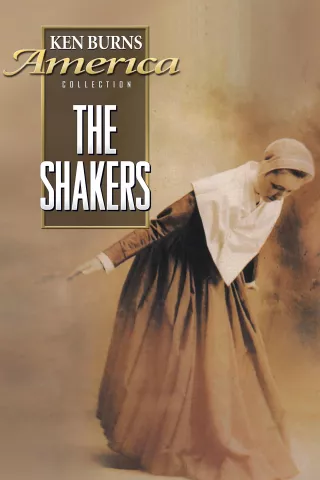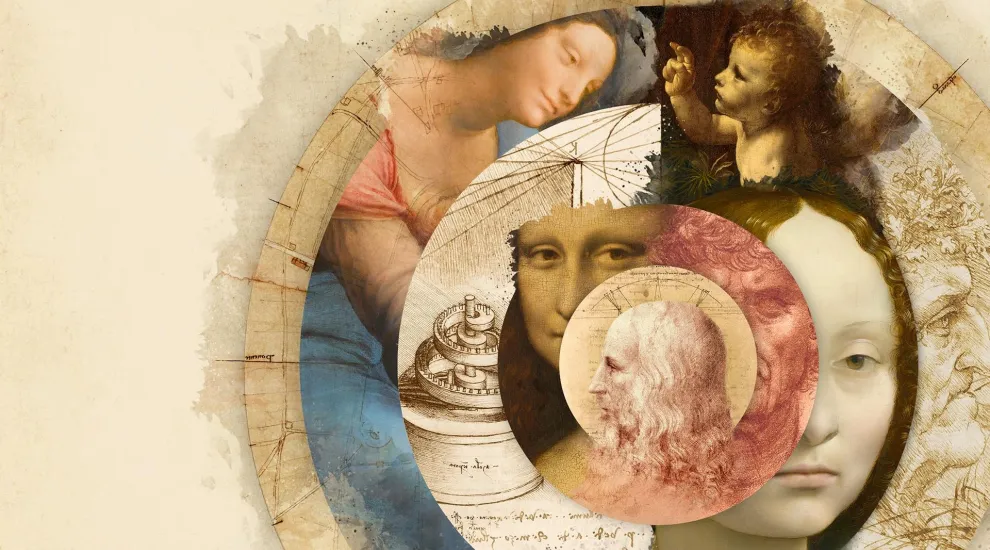
Filmmaker Ken Burns has released an incredible library of groundbreaking films over the past four decades. Burns will add the four-hour documentary Leonardo da Vinci to his collection when it premieres November 18-19, 2024 on PBS stations.
Leonardo da Vinci will tell the story of Leonardo di ser Piero da Vinci, a fifteenth century Italian who left behind artistic works of staggering beauty. The Ken Burns films will cover da Vinci from his birth out of wedlock, his apprenticeship, and his multiple careers which included being a military architect, cartographer, sculptor and muralist for hire.
While the Mona Lisa, The Last Supper and The Vitruvian Man are among his most celebrated works, viewers will discover da Vinci also had a passion for science and engineering.
Set against the backdrop of Renaissance Italy, the film will bring da Vinci's achievements to life through his personal notebooks, primary and secondary accounts of his life and times, and on-camera interviews with modern scholars, artists, engineers, inventors and admirers.
If you missed past Ken Burns films, view the timeline below to find these films on demand. To watch films from the Ken Burns Collection, this would be a great time to join SCETV Passport. SCETV Passport allows members access to an on-demand library on their smart TV, computer, tablet or smartphone. Join to Watch.





